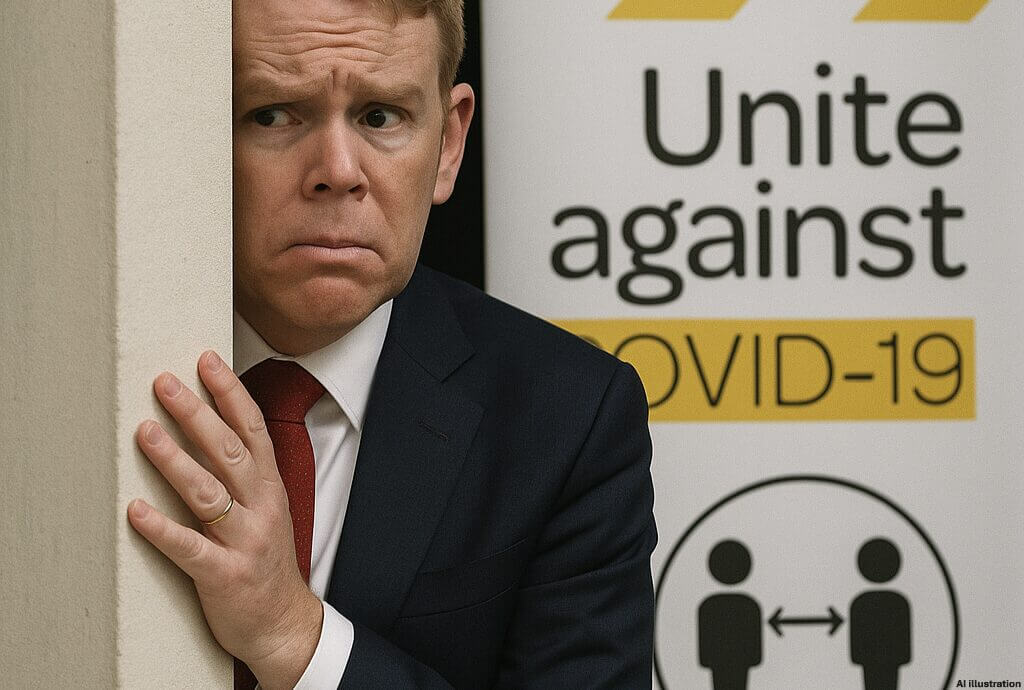Summarised by Centrist
When vaccination rates decline and diseases like measles resurface, it’s tempting to blame parents.
However, according to health policy professors Y. Tony Yang and Avi Dor, the real issue may lie in the structure of public health systems, and game theory can help explain why.
“Game theory reveals that vaccine hesitancy is not a moral failure,” the authors write, “but the predictable outcome of a system in which individual and collective incentives aren’t properly aligned.”
Even in a world with a perfect, risk-free vaccine, game theory predicts that some people will always choose to opt out.
The authors explain how public trust deteriorates faster than it can be restored. Once parents hear doubts about vaccine safety, coverage declines rapidly. However, regaining that trust takes considerably longer, particularly when individuals wait to observe others taking action first.
These patterns create “susceptibility clusters” – geographic or social pockets where low vaccination rates fuel localised outbreaks, even when national averages appear satisfactory.
Blaming hesitant parents often backfires. “People feel attacked and become more entrenched,” the authors argue.
They advocate for messaging that frames vaccination as a shared community responsibility rather than a personal moral test. In one study, this approach made parents 24% more likely to reconsider vaccinating.



















